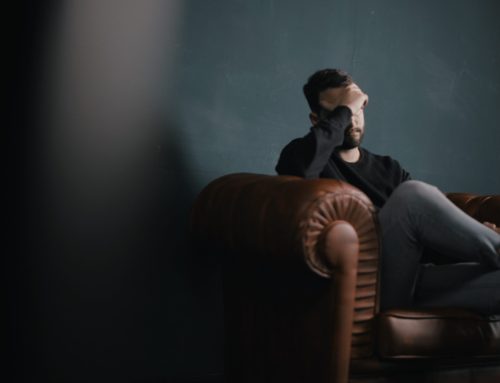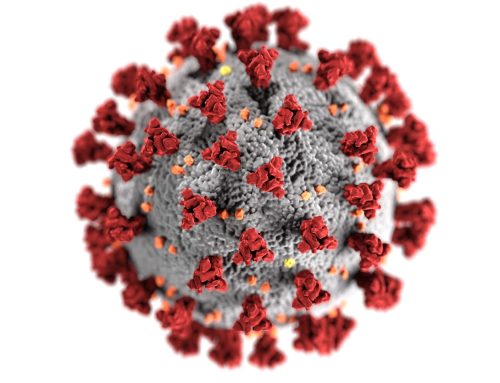For many, the winter months are a time of “blues.” After all, there are fewer hours of daylight. Your work commute may take place in the dark, and your morning walk may occur before the sun is up.
With COVID keeping us indoors and away from people, some health experts speculate that people will be hit harder by those blues or by Seasonal Affective Disorder (SAD). On the other hand, significant changes in our habits this year may help some with SAD.

Here’s what our JCMC team wants you to know.
What is SAD?
Seasonal Affective Disorder is a depression related to the winter season — so much so that it tends to start and end about the same time each year. People with SAD find themselves with low energy and mood swings throughout the winter months. As many as 1 in 20 Americans suffer from SAD. Some of the symptoms are:
- Losing interest in your favorite activities
- Low energy or feeling sluggish
- Sleep problems
- Feeling depressed most of the day, nearly every day
- Changes in appetite or weight
- Trouble concentrating
- Feeling hopeless or worthless
- Thoughts of suicide or death
Many people feel more “blue” during the winter, and it’s normal to have some bad days where you feel down or don’t have any energy. SAD is a more severe diagnosis, and your provider can help determine whether you have SAD.
How to Battle SAD or Winter Blues
If you are diagnosed with SAD, your provider will recommend a combination of therapies. But if you haven’t been diagnosed yet you’re struggling, you can take steps to feel more energized and focused during the winter.
- Exercise. Get outside if possible, especially once the sun has risen. Even if you can’t do that, get your body moving. Movement creates energy and endorphins to make you feel better and more focused.
- Light therapy. Buy a light box. Be sure it is 10,000 lux, which is a measure of brightness. For best results, use daily, but don’t look directly at it. Some recommend hanging it above you, to shine down like the sun. Others set it at an angle toward them. These lights filter out UV rays, making them safe, but ask your provider about light treatments if you have an eye disease or take medications that make you more sensitive to sunlight.
- Vitamin D. People with SAD often have a Vitamin D deficiency. Studies have mixed findings, but for some, taking a vitamin supplement can help, especially combined with light therapy and exercise.
- Consider your eating habits. What we eat can drastically impact our mood. Focus on healthy fruits and vegetables. Also, consider the timing of your meals. Be sure you’re eating during the daytime hours to help cue your body. You want to finish eating three hours before sleeping, for example.
- Other therapy and medications. Speaking with a therapist can help you cope with SAD. Your provider may also prescribe some medicines to take during winter. However, all medications have side effects, and you may need to wean yourself off some during the spring months. Ask your healthcare team for all the information.
- Look for joy. With the pandemic wearing on everyone, it may be challenging to find happiness. Find ways to stay creative or try new things. You might take an online class or pick up a new hobby, for example.
When to Call Your Doctor
If you are thinking about suicide, call the suicide hotline: 1-800-273-8255. If you are struggling with feelings of hopelessness or worthlessness, contact your doctor so you can immediately start working on solutions. Also, call your provider if you are suffering from the symptoms mentioned above. Your JCMC health team can help you find the best combination of therapies for you. Call us at 910-900-4482 for an appointment at one of our North Carolina locations.






